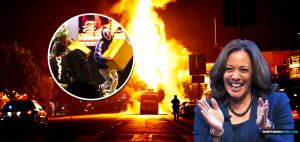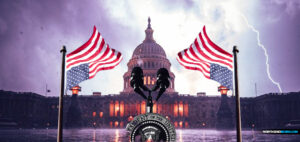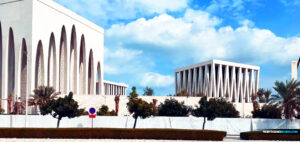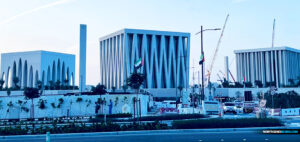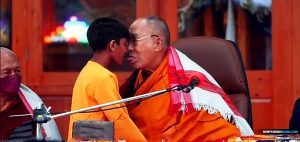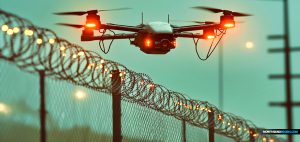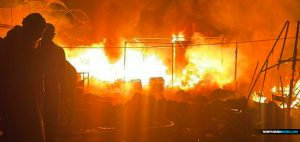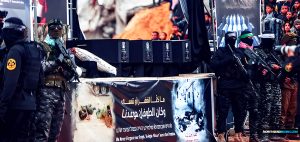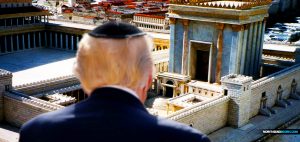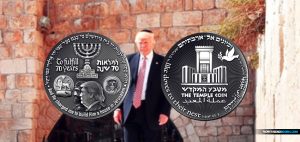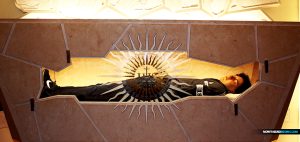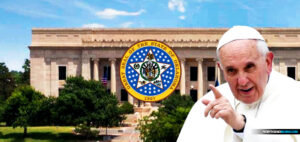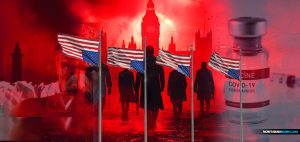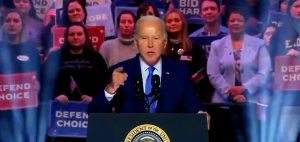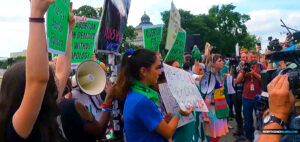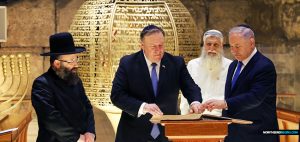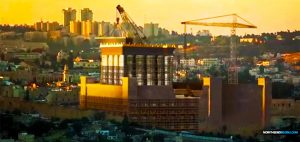Al-Qaeda
GAME CHANGER! UN Approves Palestinian Statehood Recognition Upgrade
The U.N. General Assembly approved a resolution on Thursday giving implicit recognition to Palestinian statehood despite threats by the United States and Israel to punish the Palestinian Authority by withholding funds for the West Bank government.

UN General Assembly Approves Palestinian Statehood Recognition Bid
“I will also gather all nations, and will bring them down into the valley of Jehoshaphat, and will plead with them there for my people and for my heritage Israel, whom they have scattered among the nations, and parted my land.” Joel 3:2
From NBC News: The U.N. General Assembly approved a resolution on Thursday giving implicit recognition to Palestinian statehood despite threats by the United States and Israel to punish the Palestinian Authority by withholding funds for the West Bank government.

A Palestinian man shouts slogans during a rally in the West Bank city of Ramallah on Thursday. The U.N. General Assembly overwhelmingly approved a resolution on Thursday to upgrade the Palestinian Authority’s observer status at the United Nations from “entity” to “non-member state.” Marko Djurica / Reuters
The resolution, which lifts the Palestinian Authority’s U.N. observer status from “entity” to “non-member state,” like the Vatican possesses, easily passed the 193-nation General Assembly with 138 nations voting in favor, and nine opposed, including the United States. Forty-one countries abstained, including the United Kingdom.
Israel, the United States and the other members who opposed the resolution see it as a largely symbolic and counterproductive move by the Palestinians. The vote took place on the 65th anniversary of the assembly’s adoption of resolution 181 on the partition of Palestine into Jewish and Arab states.
Israel, the United States and the other members who opposed the resolution see it as a largely symbolic and counterproductive move by the Palestinians. The vote took place on the 65th anniversary of the assembly’s adoption of resolution 181 on the partition of Palestine into Jewish and Arab states.
Palestinian President Mahmoud Abbas has led the campaign to win support for the resolution, which follows an eight-day conflict this month between Israel and Islamists in the Gaza Strip, who are pledged to Israel’s destruction and oppose his efforts toward a negotiated peace.
The U.S. State Department made a last-ditch effort to get Abbas to reconsider, but the Palestinian Authority, which exercises limited self-rule in the Israeli-occupied West Bank, held firm.
Secretary of State Hillary Clinton, speaking at the Brookings Institution on Thursday, said the U.S. believes the resolution will “do nothing to advance the peace and the two-state solution we all want to see.”
She noted that while the U.S. plans to vote “no,” but played down differences with key diplomatic partners in Europe, including France, which were expected to vote in favor of the resolution.
“We and our European partners agree on the most fundamental issues and share a common objective — two states living side-by-side living in peace and security,” Clinton said.
Susan Rice, the U.S. ambassador to the U.N., said in a statement after the vote that “the only way to establish such a Palestinian state and resolve all permanent-status issues is through the crucial, if painful, work of direct negotiations between the parties.”
“The United States therefore calls upon both the parties to resume direct talks without preconditions on all the issues that divide them,” Rice said.
The U.K. had committed to voting for the resolution if Abbas had shown commitment to resuming peace negotiations without preconditions. Lacking that assurance, Britain abstained from the vote.
Following the vote at the UN General Assembly the Britain’s Foreign Secretary William Hague said: “We continue to believe that the prospects for a swift return to negotiations on a two state solution — the only way to create a Palestinian state on the ground — would be greater today if President Abbas had been able to give the assurances we suggested, and without which we were unable to vote in favor of the resolution.
“In particular, we called on President Abbas to set out a willingness to return to negotiations without preconditions, and to signal that the Palestinians would not immediately seek action in the International Criminal Court, which would be likely to make a return to negotiations impossible.
“Nonetheless, we will redouble our efforts to restart the peace process, and will continue our strong support for President Abbas, the Palestinian Authority, and a two state solution,” he said.
Despite its fierce opposition, Israel made efforts that appeared designed to prevent diplomatic isolation. In recent days, it toned down threats of retaliation in the face of wide international support for the initiative, notably among its European allies.
“The decision at the United Nations will change nothing on the ground,” Israeli Prime Minister Benjamin Netanyahu said in Jerusalem. “It will not advance the establishment of a Palestinian state. It will delay it further.”
But U.N. diplomats say that Israel’s reaction might not be so measured if the Palestinians seek ICC action against Israel on charges of war crimes, crimes against humanity or other crimes the court would have jurisdiction over.
Granting Palestinians the title of “non-member observer state” falls short of full U.N. membership — something the Palestinians failed to achieve last year. But it does allow them access to the International Criminal Court and other international bodies, should they choose to join them.
Speaking at an annual U.N. event in support of the Palestinians, Palestinian Foreign Minister Riyad al-Maliki appealed to U.N. member states to support Thursday’s U.N. resolution. He also repeated his support for peace with Israel.
“Despite diminishing hopes and the decline of the situation on the ground due to Israel violations, we remain committed to the two-state solution and our hand remains extended in peace,” he said at U.N. headquarters in New York.
State Department spokeswoman Victoria Nuland reiterated U.S. warnings that the move could cause a reduction of U.S. economic support for the Palestinians. The Israelis have also warned they might take significant deductions out of monthly transfers of duties that Israel collects on the Palestinians’ behalf.
Russian Deputy Foreign Minister Mikhail Bogdanov was quoted by the Interfax news agency as calling on Washington and Israel to avoid “any hasty and destructive decisions.”
“Supporting the Palestinian authorities is not only in the interest of the Palestinian side, but also of Israel and the whole international community that is longing for a peaceful political settlement,” he said. source – NBC News

Al-Qaeda
Obama Administration ‘Loses’ Half Billion In Military Weaponry To al-Qaeda In Yemen
Pentagon officials cannot track the whereabouts of $500 million worth of military equipment the U.S. donated to Yemen since 2007 – raising alarms that the hardware may have ended up with al-Qaeda or Iranian-backed rebels.

Pentagon officials cannot track the whereabouts of $500 million worth of military equipment the U.S. donated to Yemen since 2007 – raising alarms that the hardware may have ended up with al-Qaeda or Iranian-backed rebels.
Ever wonder how al-Qaeda and ISIS always have such advanced weaponry and military capabilities? Wonder no more! Obama gives it to them, that’s how they do it. Did you think it was a trick question?
U.S. officials said Tuesday that increasing instability in Yemen has made it impossible to keep tabs on donated equipment that includes small arms, ammunition, patrol boats and night-vision goggles, according to The Washington Post.

U.S. firearms supplied to the Interior Ministry in Yemen, which has received $500 million in aid from the United States since 2007 under an array of Defense Department and State Department programs. (Government Accountability Office)
“We have to assume it’s completely compromised and gone,” a legislative aide on Capitol Hill, speaking on the condition of anonymity, told The Post.
In January, Yemen’s government was overtaken by Iranian-backed Shiite Houthi rebels. The rebels are increasingly taking over military bases.
Since then, the U.S. closed its embassy in Yemen and the Defense Department has stopped delivering equipment to the country, including a shipment of $125 million worth of military products scheduled to be delivered earlier this year.
This is the equipment no one can find, The Post reports:
- 1,250,000 rounds of ammunition
- 200 Glock 9 mm pistols
- 200 M-4 rifles
- 4 Huey II helicopters
- 2 Cessna 208 transport and surveillance aircraft
- 2 coastal patrol boats
- 1 CN-235 transport and surveillance aircraft
- 4 hand-launched Raven drones
- 160 Humvees
Al-Qaeda
Al-Qaeda Affiliate Threatens To Kill American Hostage Luke Somers
Luke Somers, a 33-year-old photojournalist, was abducted in 2013 in Sanaa, the capital of Yemen, according to media reports. In a YouTube video published Wednesday, he says he is certain his “life is in danger.”

An al-Qaeda affiliate has threatened to kill an American hostage in three days if the U.S. government does not respond to the group’s demands, according to terrorist monitoring group Site Intelligence Group.
Luke Somers, a 33-year-old photojournalist, was abducted in 2013 in Sanaa, the capital of Yemen, according to media reports. In a YouTube video published Wednesday, he says he is certain his “life is in danger.”

The video features an al-Qaeda official and a brief message from Somers – dressed in a purple shirt and with a shaved head – at the end. He notes that he was born in England but has American citizenship and lived in America for most of his life.
The al-Qaeda operative who speaks throughout much of the video and threatens that Somers will meet his “inevitable fate” if the group’s demands are not met is Nasser bin Ali al-Ansi of the Arabian Peninsula affiliate, Site Intelligence Group said. The video does not list what those demands are, but al-Ansi says Washington is “aware” of them.
“It’s now been well over a year since I’ve been kidnapped in Sanaa,” Somers said in the footage. “Basically, I’m looking for any help that can get me out of this situation. I’m certain that my life is in danger. So as I sit here now, I ask, if anything can be done, please let it be done. Thank you very much.”
Somers was kidnapped in September 2013 from a street in Sanaa, where he had worked as a photojournalist for the Yemen Times, the Associated Press said.
Read the rest of this story on USA Today…
Al-Qaeda
Islamic Terrorists Foster Jihad With Over 90 Tweets Per Minute On Twitter
Abdulmunim Al-Mushawah revealed that about 129,600 tweets were posted by accounts affiliated to terror groups in October 2014. As a result, at least 500 accounts believed to have been run by terrorists were deactivated.

Islamic terror groups post at least 90 tweets every minute, a new report has found
The data was revealed in a survey conducted by the Saudi-based Sakina, an independent, non-governmental organisation created to engage in dialogue online as a way to combat internet radicalization.

Results showed that terror groups such as the Syrian Islamic Liberation Front, Al-Nusra Front and Islamic State (ISIS) use social media to recruit new members and to spread their propaganda.
Abdulmunim Al-Mushawah, head of the organisation, revealed that about 129,600 tweets were posted by accounts affiliated to terror groups in October 2014. As a result, at least 500 accounts believed to have been run by terrorists were deactivated.
Al-Mushawah urged for a censorship committee to be put in place in order to monitor tweets that could be written to promote insurgents’ propaganda. “The nature of the extremist can be understood by analysing his posts, identifying his social circle and understanding his internal motives and history,” he was quoted by the Saudi Gazzette as saying.
“After understanding and recognising the type of extremist the person is, we can then follow the appropriate method of dialogue knowing that it is a lengthy and complicated process at times.
“The responsibility of protecting the general public from terrorist activities does not only lie with the official directorates. It is also the responsibility of the media, mosques and educational institutes,” he continued.
“Public awareness and guidance are the campaign’s top priorities because it is important to teach people how to face one problem without creating another.”
-
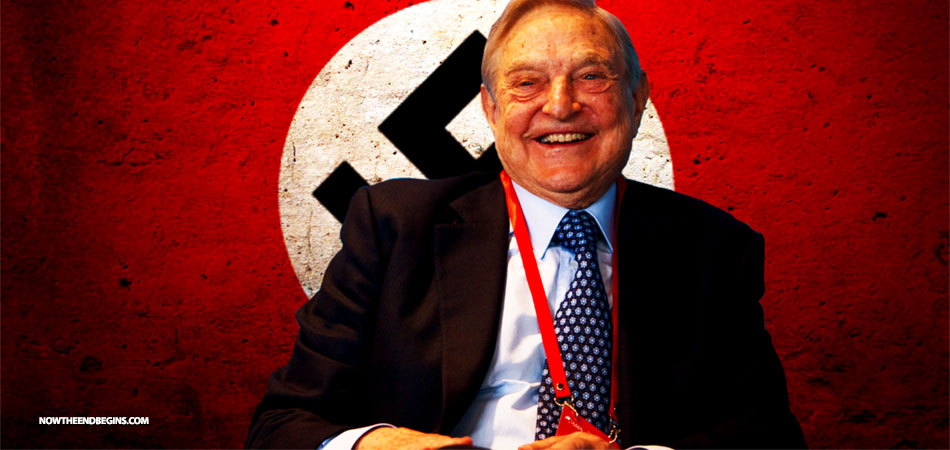
 George Soros8 years ago
George Soros8 years agoProof Of George Soros Nazi Past Finally Comes To Light With Discovery Of Forgotten Interview
-
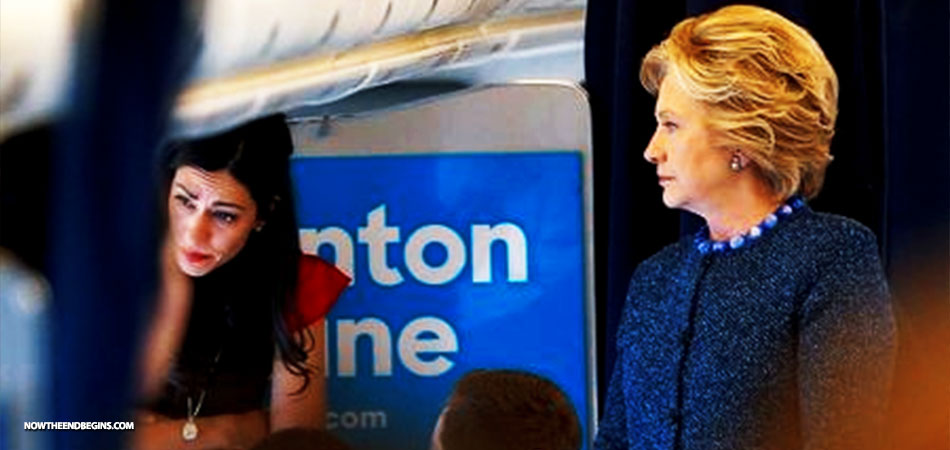
 Election 20168 years ago
Election 20168 years agoDEAD POOL DIVA: Huma Abedin Kept Those Hillary Emails That The FBI Found In A Folder Marked ‘Life Insurance’
-
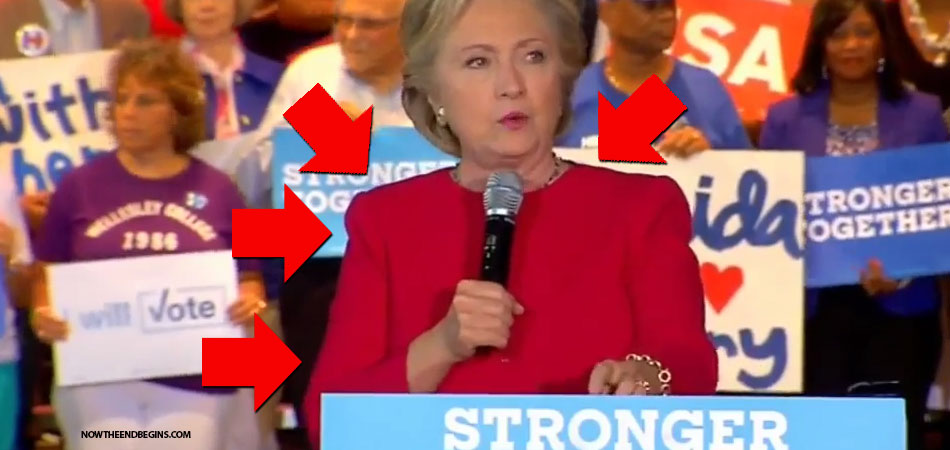
 Election 20168 years ago
Election 20168 years agoCrooked Hillary Campaign Used A Green Screen At Today’s Low Turnout Rally In Coconut Creek FL
-
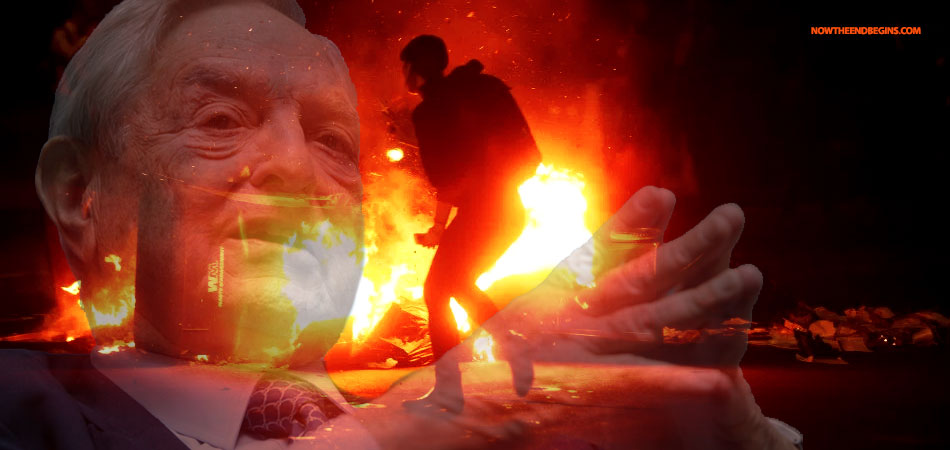
 George Soros8 years ago
George Soros8 years agoSORE LOSER: George Soros Declares War On America As Violent MoveOn.Org Protests Fill The Streets
-
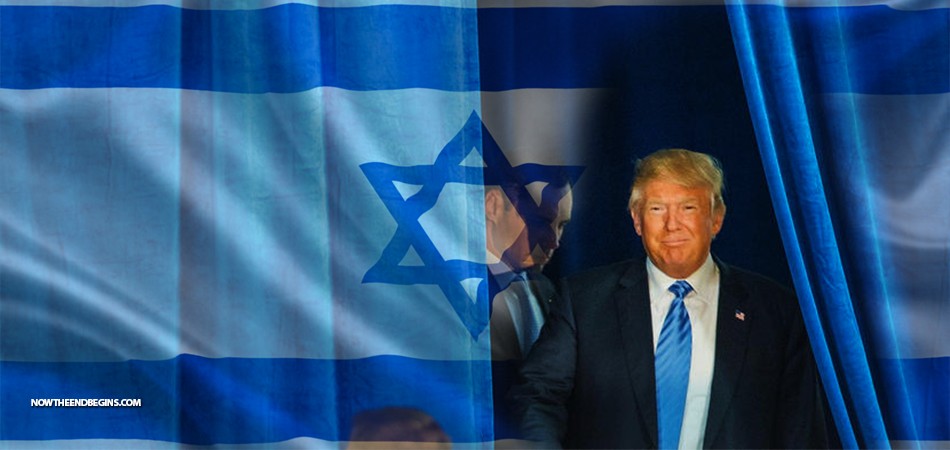
 Donald Trump8 years ago
Donald Trump8 years agoDonald Trump Will Be 70 Years, 7 Months And 7 Days Old On First Full Day In Office As President
-
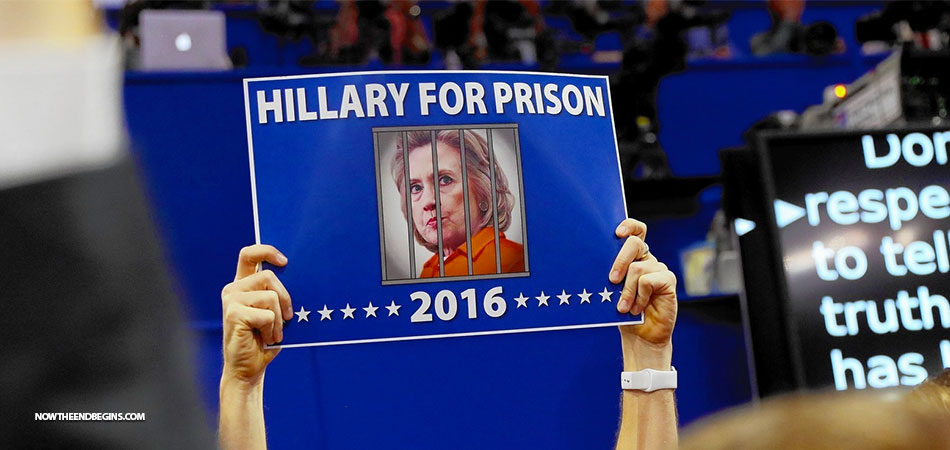
 Headline News8 years ago
Headline News8 years agoIf Hillary Is Not Guilty, Then Why Are Her Supporters Asking Obama To Pardon Her? Hmm…
-
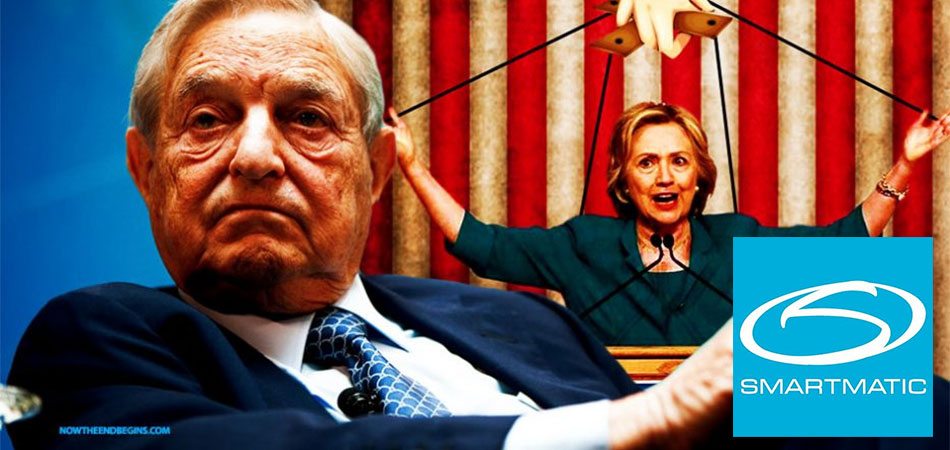
 Election 20168 years ago
Election 20168 years agoWikiLeaks Shows George Soros Controlling Vote With 16 States Using SmartMatic Voting Machines
-

 End Times8 years ago
End Times8 years agoFalse Teacher Beth Moore Endorses The Late Term Partial-Birth Abortion Candidate Crooked Hillary























